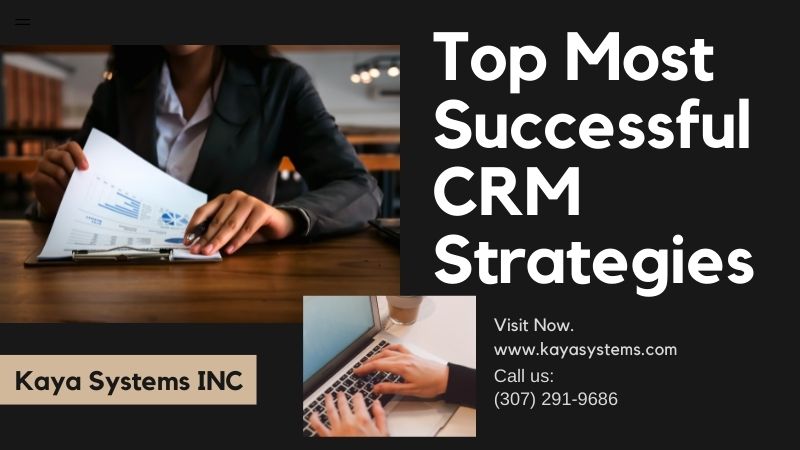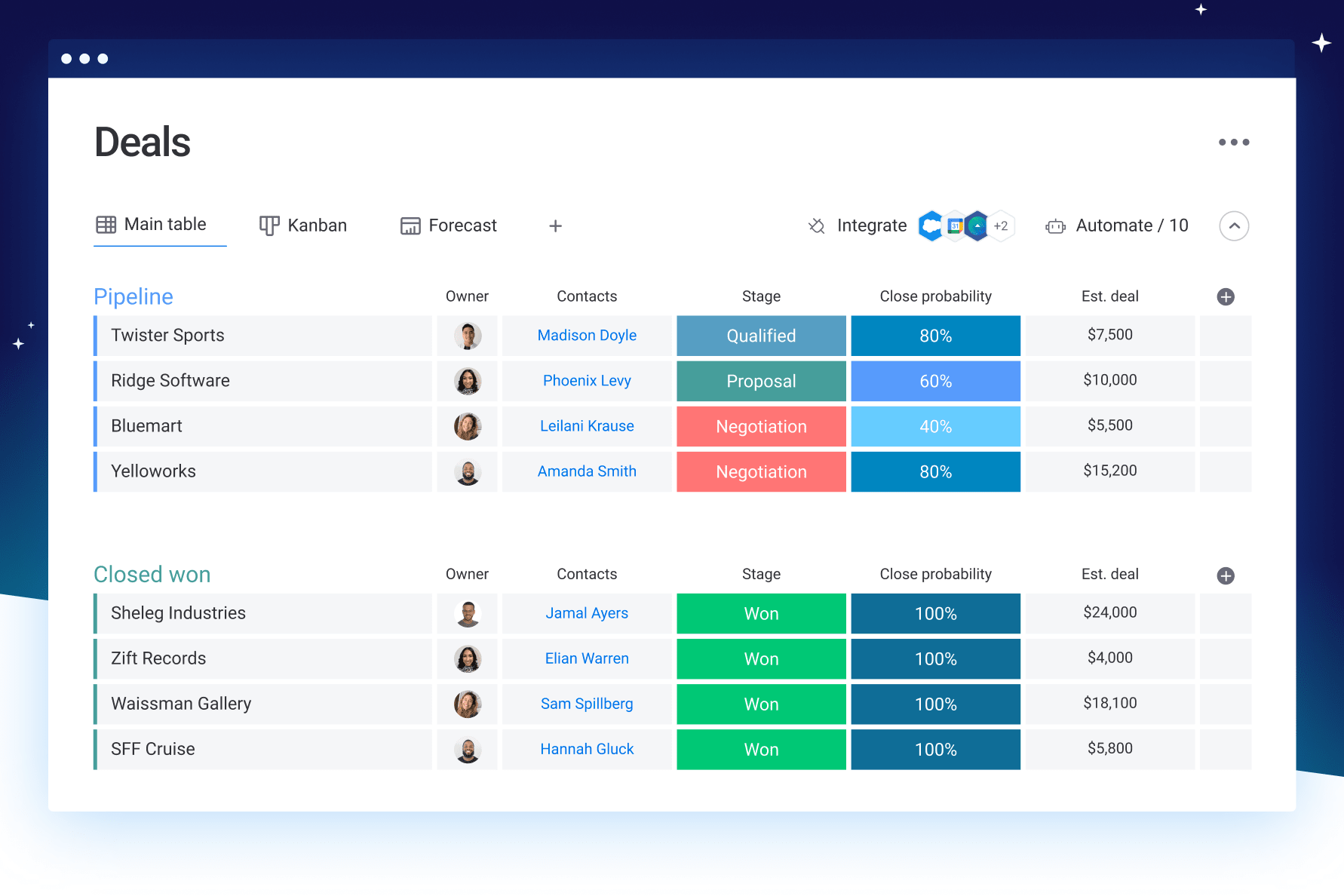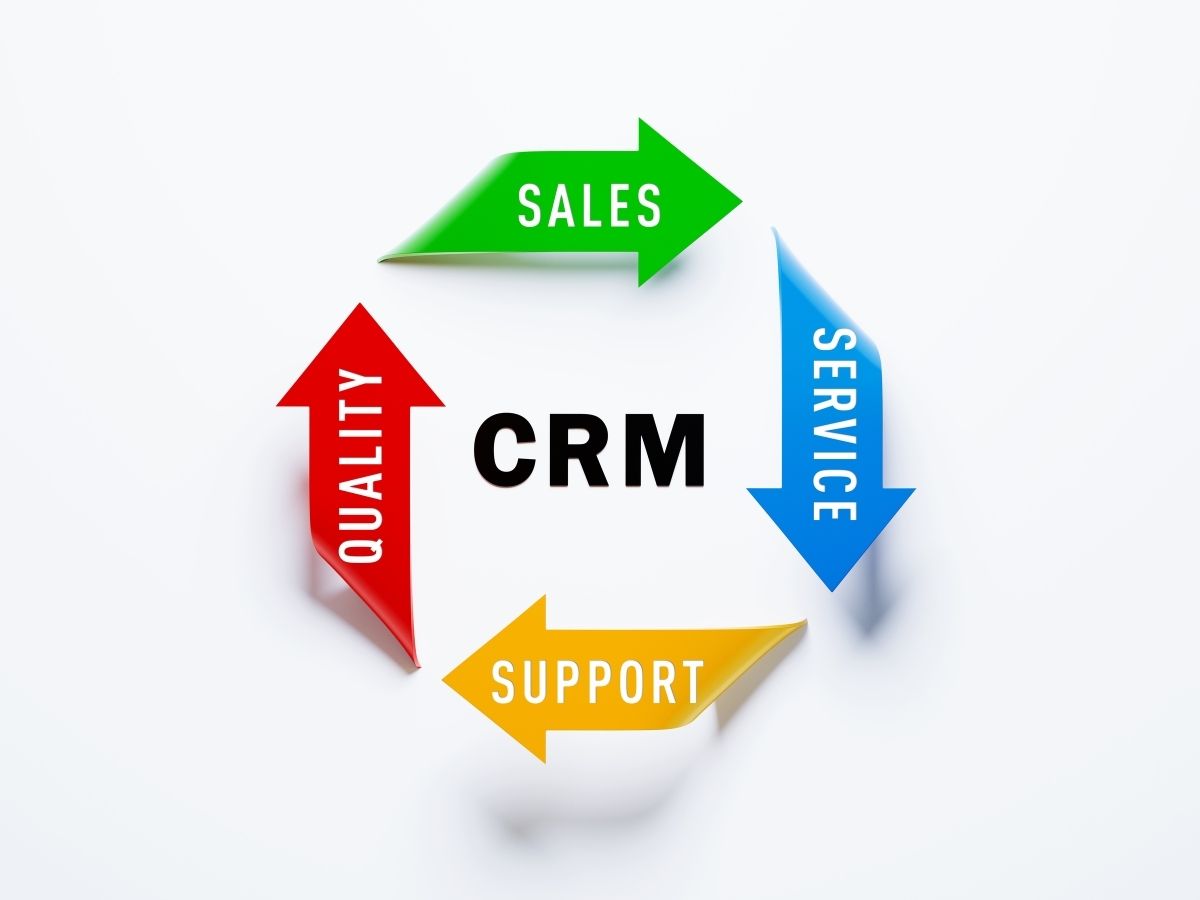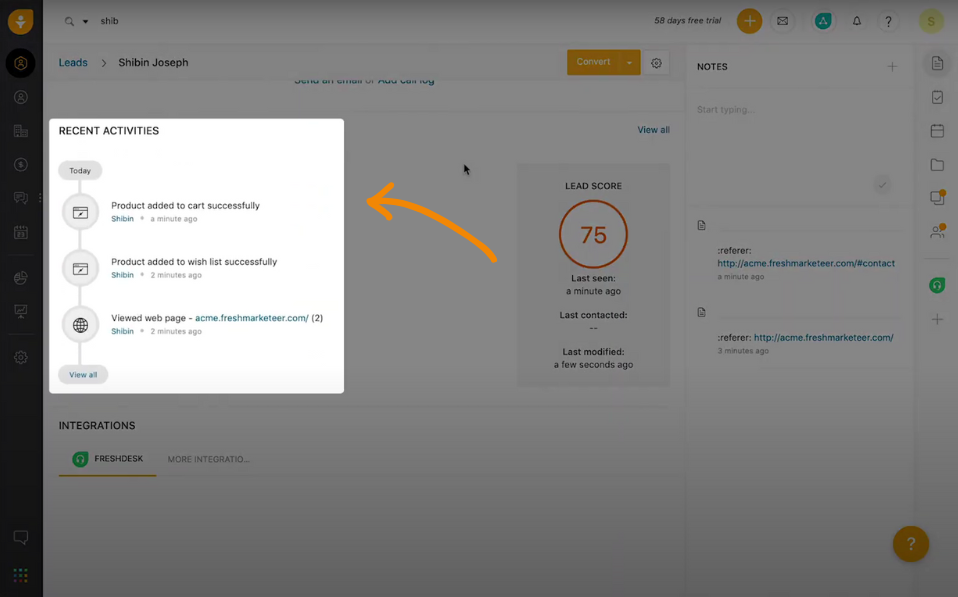Unlock Success: How CRM Empowers Small Businesses to Thrive

Introduction: The Small Business Struggle and the CRM Solution
Running a small business is a rollercoaster. One minute you’re celebrating a new client, the next you’re scrambling to manage leads, follow-ups, and customer interactions. It’s a constant juggling act, and it’s easy for things to fall through the cracks. This is where Customer Relationship Management (CRM) software steps in, offering a lifeline of organization and efficiency. CRM isn’t just for the big corporations with massive budgets; it’s a game-changer for small businesses too, providing a crucial advantage in today’s competitive market.
This article dives deep into how CRM can be the key to your small business success. We’ll explore the benefits, the features to look for, and how to implement CRM effectively, ensuring you’re not just surviving but thriving. We’ll look at real-world examples, practical tips, and address common concerns. Get ready to transform your business from a chaotic operation to a well-oiled machine, all thanks to the power of CRM.
What is CRM, and Why Does Your Small Business Need It?
At its core, CRM is a system designed to manage and analyze customer interactions and data throughout the customer lifecycle. Think of it as a centralized hub for all your customer-related information. This includes contact details, communication history, purchase history, and any other relevant data. But CRM is much more than just a digital address book. It’s a strategic tool that helps you understand your customers, personalize their experience, and build stronger, more profitable relationships.
For small businesses, the benefits of CRM are numerous:
- Improved Customer Relationships: CRM allows you to personalize interactions, remember important details, and build rapport with your customers.
- Increased Sales: By tracking leads and sales opportunities, CRM helps you close deals faster and more efficiently.
- Enhanced Customer Service: CRM provides a complete view of customer interactions, enabling your team to provide faster and more effective support.
- Better Organization: CRM centralizes all customer data, eliminating the need for spreadsheets and scattered information.
- Data-Driven Decisions: CRM provides valuable insights into customer behavior, allowing you to make informed decisions about your business.
Without a CRM, small businesses often struggle with disorganized data, missed opportunities, and inefficient processes. This can lead to lost sales, frustrated customers, and ultimately, stunted growth. A good CRM system acts as the backbone of your customer-facing operations, allowing you to focus on what matters most: growing your business.
Key Features to Look for in a CRM System for Small Businesses
Choosing the right CRM system can feel overwhelming, but it doesn’t have to be. The key is to focus on the features that are most important for your specific business needs. Here are some essential features to consider:
Contact Management
This is the foundation of any CRM. Your CRM should allow you to store and manage contact information, including names, addresses, phone numbers, email addresses, and any other relevant details. You should be able to segment your contacts based on various criteria, such as demographics, purchase history, or lead source. Advanced contact management features might include automated data enrichment, which automatically fills in missing information about your contacts.
Lead Management
Lead management is crucial for converting potential customers into paying clients. Your CRM should help you track leads through the sales pipeline, from initial contact to closing the deal. Key features include lead scoring, which ranks leads based on their likelihood to convert, and automated lead nurturing, which helps you engage leads with targeted email campaigns and other communications.
Sales Automation
Sales automation streamlines your sales processes, freeing up your team’s time and allowing them to focus on closing deals. Features to look for include automated email sequences, task management, and sales reporting. Sales automation can help you reduce manual tasks, improve efficiency, and increase sales productivity.
Marketing Automation
Marketing automation allows you to automate repetitive marketing tasks, such as email campaigns, social media posting, and lead nurturing. This helps you engage your audience, generate leads, and drive sales. Look for features like email marketing templates, segmentation capabilities, and analytics to track your campaign performance.
Reporting and Analytics
Data is king. Your CRM should provide comprehensive reporting and analytics that give you insights into your sales performance, customer behavior, and marketing effectiveness. Key metrics to track include sales revenue, lead conversion rates, customer acquisition cost, and customer lifetime value. This data will help you make informed decisions and optimize your business strategies.
Integration Capabilities
Your CRM should integrate with other tools and applications that you use, such as email marketing platforms, accounting software, and social media channels. This will streamline your workflow, eliminate data silos, and improve overall efficiency. Consider what other tools you already use and ensure your CRM can integrate with them.
Mobile Accessibility
In today’s fast-paced world, you need to be able to access your CRM from anywhere, at any time. Look for a CRM that offers a mobile app or a responsive web interface that allows you to manage your contacts, track leads, and update sales opportunities on the go.
Ease of Use
A CRM is only effective if your team actually uses it. Choose a CRM that is user-friendly, intuitive, and easy to learn. Look for a clean interface, clear instructions, and helpful support resources.
Top CRM Systems for Small Businesses: A Comparative Look
The market is flooded with CRM systems, so choosing the right one can be tricky. Here’s a comparison of some popular options specifically designed for small businesses:
Zoho CRM
Zoho CRM is a comprehensive and affordable CRM solution that offers a wide range of features, including sales automation, marketing automation, and customer service tools. It’s highly customizable and integrates with a variety of third-party applications. Zoho CRM is known for its user-friendly interface and excellent customer support. It’s a great choice for businesses of all sizes, but especially those looking for a feature-rich, budget-friendly option.
HubSpot CRM
HubSpot CRM is a free CRM that offers a powerful set of features, including contact management, lead management, and sales automation. It’s easy to use and integrates seamlessly with HubSpot’s marketing and sales tools. HubSpot CRM is a great option for businesses that are looking to get started with CRM without a hefty price tag. It’s particularly well-suited for businesses that are already using HubSpot’s marketing platform.
Freshsales
Freshsales is a sales-focused CRM that offers a user-friendly interface and a range of features designed to help you close deals faster. It includes features like lead scoring, sales automation, and phone integration. Freshsales is a good choice for businesses that are focused on sales and want a CRM that is easy to implement and use. It’s known for its intuitive design and excellent customer support.
Pipedrive
Pipedrive is a sales-focused CRM that is designed to help you manage your sales pipeline and track deals effectively. It offers a visual pipeline, which makes it easy to see where your deals stand. Pipedrive is a good choice for businesses that are focused on sales and want a CRM that is easy to use and visualize their sales process. It’s known for its intuitive interface and focus on sales productivity.
Salesforce Essentials
Salesforce Essentials is a scaled-down version of Salesforce’s flagship CRM platform, designed specifically for small businesses. It offers a comprehensive set of features, including contact management, lead management, and sales automation. Salesforce Essentials is a good choice for businesses that want a powerful CRM solution with a wide range of features. However, it can be more complex to set up and may require more technical expertise than some of the other options.
When choosing a CRM, consider your specific needs, budget, and technical expertise. Try out free trials of different CRM systems to see which one is the best fit for your business.
Implementing CRM: A Step-by-Step Guide for Small Businesses
Implementing a CRM system can seem daunting, but with a well-defined plan, you can ensure a smooth transition. Here’s a step-by-step guide to help you get started:
1. Define Your Goals and Objectives
Before you choose a CRM, clearly define your goals and objectives. What do you hope to achieve with CRM? Do you want to improve customer relationships, increase sales, or streamline your processes? Identifying your goals will help you choose the right CRM system and ensure that you’re using it effectively.
2. Choose the Right CRM System
Based on your goals and objectives, research and compare different CRM systems. Consider the features, pricing, and ease of use of each option. Take advantage of free trials to test out different systems and see which one best fits your needs.
3. Plan Your Data Migration
If you’re migrating data from spreadsheets or other systems, plan your data migration carefully. Identify the data you need to import into your CRM, clean up your data, and map your data fields to the appropriate fields in your CRM. Consider using a data migration tool to automate the process.
4. Customize Your CRM
Once you’ve chosen your CRM, customize it to fit your specific business needs. Configure the system to track the information that is most important to your business, such as contact details, lead sources, and sales opportunities. Set up your sales pipeline, create custom fields, and integrate your CRM with other tools.
5. Train Your Team
Training is crucial for the successful adoption of a CRM. Provide your team with comprehensive training on how to use the CRM, including its features, functionalities, and best practices. Offer ongoing support and training to ensure that your team is using the CRM effectively.
6. Implement a Data Entry Process
Establish clear data entry processes to ensure that your data is accurate, consistent, and up-to-date. Define data entry standards, such as how to format contact information, how to categorize leads, and how to track sales opportunities. Regularly review your data to identify and correct any errors.
7. Monitor and Analyze Your Results
Once your CRM is up and running, monitor and analyze your results. Track key metrics, such as sales revenue, lead conversion rates, and customer satisfaction. Use this data to identify areas for improvement and optimize your CRM strategy.
Common Challenges and How to Overcome Them
Implementing a CRM system isn’t always smooth sailing. Here are some common challenges and how to overcome them:
Lack of User Adoption
One of the biggest challenges is getting your team to actually use the CRM. To overcome this, provide thorough training, demonstrate the benefits of using the CRM, and make it easy to use. Consider assigning a CRM champion to encourage adoption and provide ongoing support.
Data Quality Issues
Poor data quality can undermine the effectiveness of your CRM. Regularly clean and update your data. Implement data entry standards and use data validation tools to ensure accuracy. Consider using data enrichment tools to automatically fill in missing information.
Integration Problems
Integrating your CRM with other systems can be complex. Choose a CRM that integrates seamlessly with your existing tools. Work with your CRM provider to troubleshoot any integration issues.
Lack of Customization
If your CRM isn’t customized to fit your specific business needs, it won’t be effective. Take the time to customize your CRM to track the information that is most important to your business. Regularly review your customization and make adjustments as needed.
Resistance to Change
Some team members may resist using a new CRM system. Communicate the benefits of the CRM, provide training, and address any concerns. Involve your team in the implementation process to foster a sense of ownership.
Real-World Examples: CRM in Action
Let’s look at a few examples of how small businesses are using CRM to achieve success:
Example 1: The Local Bakery
A local bakery uses CRM to manage customer orders, track customer preferences, and personalize marketing campaigns. They store customer contact information, order history, and special requests in their CRM. They use this data to send personalized email offers, such as birthday discounts and announcements about new products. As a result, they’ve seen an increase in repeat business and customer loyalty.
Example 2: The Freelance Graphic Designer
A freelance graphic designer uses CRM to manage leads, track project progress, and send invoices. They track potential clients in their CRM, noting their project requirements and deadlines. They use the CRM to send proposals, manage project communications, and track invoices. This has helped them stay organized, improve their client communication, and get paid on time.
Example 3: The Boutique Retail Store
A boutique retail store uses CRM to track customer purchases, manage inventory, and personalize the shopping experience. They track customer purchase history and use this data to make personalized product recommendations and send targeted marketing emails. They also use the CRM to manage their inventory and track sales trends. This has helped them improve their customer service, increase sales, and optimize their inventory management.
The Future of CRM for Small Businesses
The future of CRM for small businesses is bright. Here are some trends to watch:
Artificial Intelligence (AI)
AI is transforming CRM, enabling businesses to automate tasks, personalize customer interactions, and gain deeper insights into customer behavior. AI-powered CRM systems can automate lead scoring, predict customer churn, and provide personalized recommendations.
Mobile CRM
Mobile CRM is becoming increasingly important, allowing businesses to access their CRM from anywhere, at any time. Mobile CRM systems provide a seamless experience across devices, allowing your team to stay connected and productive on the go.
Integration with Social Media
Social media is an essential part of the customer journey. CRM systems are increasingly integrating with social media platforms, allowing businesses to track customer interactions, monitor social media mentions, and manage social media campaigns.
Focus on Customer Experience
The focus is shifting towards providing exceptional customer experiences. CRM systems are evolving to help businesses personalize customer interactions, build stronger relationships, and provide exceptional customer service.
Conclusion: Embrace CRM for Small Business Success
CRM is no longer a luxury; it’s a necessity for small businesses that want to thrive in today’s competitive landscape. By implementing a CRM system, you can improve customer relationships, increase sales, enhance customer service, and make data-driven decisions. Choose the right CRM system for your business, implement it effectively, and train your team to use it. Embrace the power of CRM and watch your small business flourish.
Don’t let your business get bogged down in disorganized data and missed opportunities. Take the first step towards success by exploring the possibilities of CRM. The right CRM system can be the catalyst that transforms your business from struggling to thriving. Start your journey today and unlock the potential for sustainable growth and customer satisfaction.




